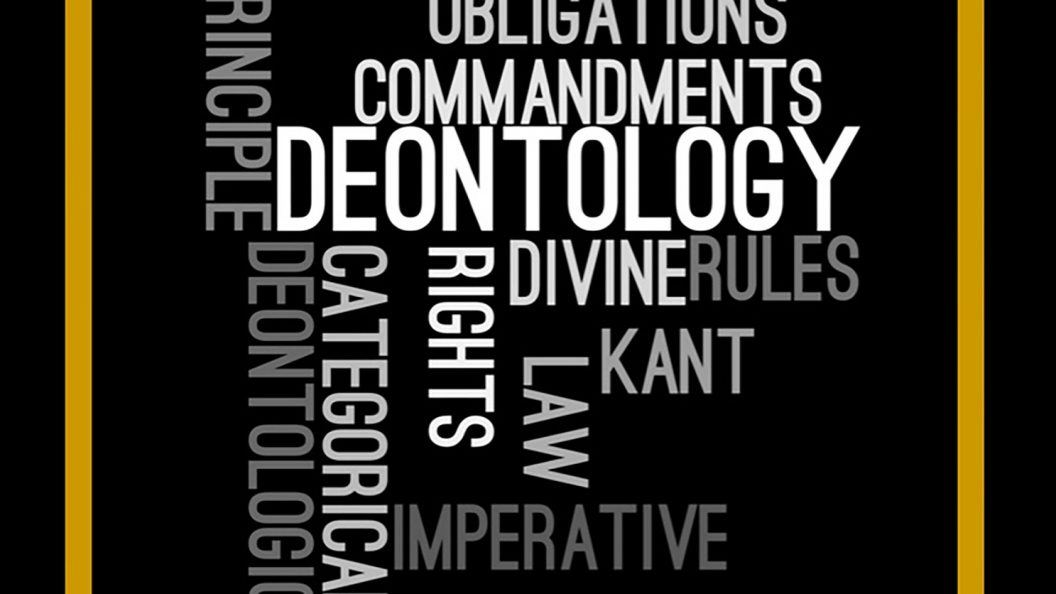Since the economic crisis of 2008, the lament has gone up from pulpits and talk shows and general discussions everywhere about the ethics of the corporate heads and the management of powerful companies in our economy. Congressional leaders have not escaped and should not escape criticism as well. These defunct companies have taken with them the retirement dreams of millions of Americans and the consequences are being felt around the world. There have always been con men and white collar crime, but the size and scope has reached huge proportions. Questions are being asked – how can this happen? Where has this culture of greed come from? What has happened to ethics in this country? Have our educational institutions failed us? What have churches been doing?
There is a great deal of noise being made by politicians, writers and evangelists about the sad state of ethics and morality in the world today. It is as if there was a golden time when good ethics ruled supreme. The good old days are harkened to as the days when a man’s word was his bond; when a handshake was better than a contract. I have known such men, and they exist today, but one cannot conjure up an idyllic time without entering fantasyland. We know there have always been con-artists, and we have classic examples even in the linage of Jesus.
Most of us have an idea of what we think it is to be ethical and what the word ethics means, but where does it come from and by what standard was it created? Webster’s College Dictionary defines Ethics as “The body of moral principles or values held by or governing a culture, group, or individual; A system or set of moral principles.” Ethics relate to the cultural acceptance of a nation or group and are largely connected to the religion of that culture.
When a major portion of the population adopts a philosophy that suggests that human beings are unworthy, unjustifiable weaklings who in no way are responsible for their condition and in no way can solve their own problems, humankind slides away from responsibility and, therefore, the action necessary to rectify the problems they face. When the basic principle of a church is that all the answers, all the sacrifice and all the power of salvation are outside humankind itself, why should we do anything? When our view is that human beings did not cause it, and they can do nothing about it, we end up with the conclusion that we have to make no effort. We are saved by Jesus, and the wicked will be punished someday.
We cannot cure bad ethical behavior or any wrongs in our society by expounding a doctrine that says human beings are unworthy of God’s help, but because of his great love he will help anyway. Some religious segments of our society place impossible thoughts in the mind of God. Imagine, if you can, God reasoning in the manner that proponents of this doctrine do. “Humans, you can’t do anything. All your work is as filthy rags so I’m going to send my only begotten son and let him be killed for you. Now all you have to do is believe. I know you are too weak to make yourself perfect, and that all will sin and come short of perfection. So, if you will just believe that he is my son, everything will be all right. You don’t have to do anything about the ills in your society. Vengeance is mine. You just believe and I will take care of you and punish the bad guys. Oh, I know you will lie a little, fornicate a little, steal a little, but if you believe that my son is the Christ, I’ll forgive all this. After all, you aren’t responsible anyway. You are too weak. You just have to believe, live in my grace, and I will punish anybody and everybody who does not do so for an eternity.”
This concept was not taught by Jesus. When we study the elements and components of the Universal Laws, which were taught by Jesus and the other great masters, we cannot help but see the shallowness of such an idea about the state of humankind. It is soul destroying, not soul uplifting. The masters taught humankind the basis of all ethics as they understood them in their expressions of the Universal Laws. Without an understanding of these Laws or Principles, one has no solid basis for ethics. There can be no understanding of individual responsibility. Jesus taught the value of right thinking, proper perspective, action, persistence and love. His answer is found in the Law of Giving. This Law, which explains the need of service to others, provides the manner in which we accomplish the goal and, in the process, evolve and unfold.
Perversions of the truths Jesus taught are fear based and undermine ethical standards. They come from religious dogma developed in the epistles that became the canonized New Testament books. Jesus knew they did not understand and told them so. They expressed dogma that had the appearance of being Universal Truths. The question of proper ethics is rooted in the Universal Laws but this dogma is put forward as God’s law and incorporated into our religion and culture. One must understand the creative power of thought (the Law of Pure Potentiality), the Law of Being, the Law of Proper Perspective and the Law of Balance, which are the very basis of ethical action. All virtue comes from understanding of the Universal Laws and not religious dogma. Every time Jesus spoke he revealed, illustrated or explained one or more of the Universal Laws. Those who came after him created dogma and confusion. The Universal Laws provide an understanding of why right action is right.

